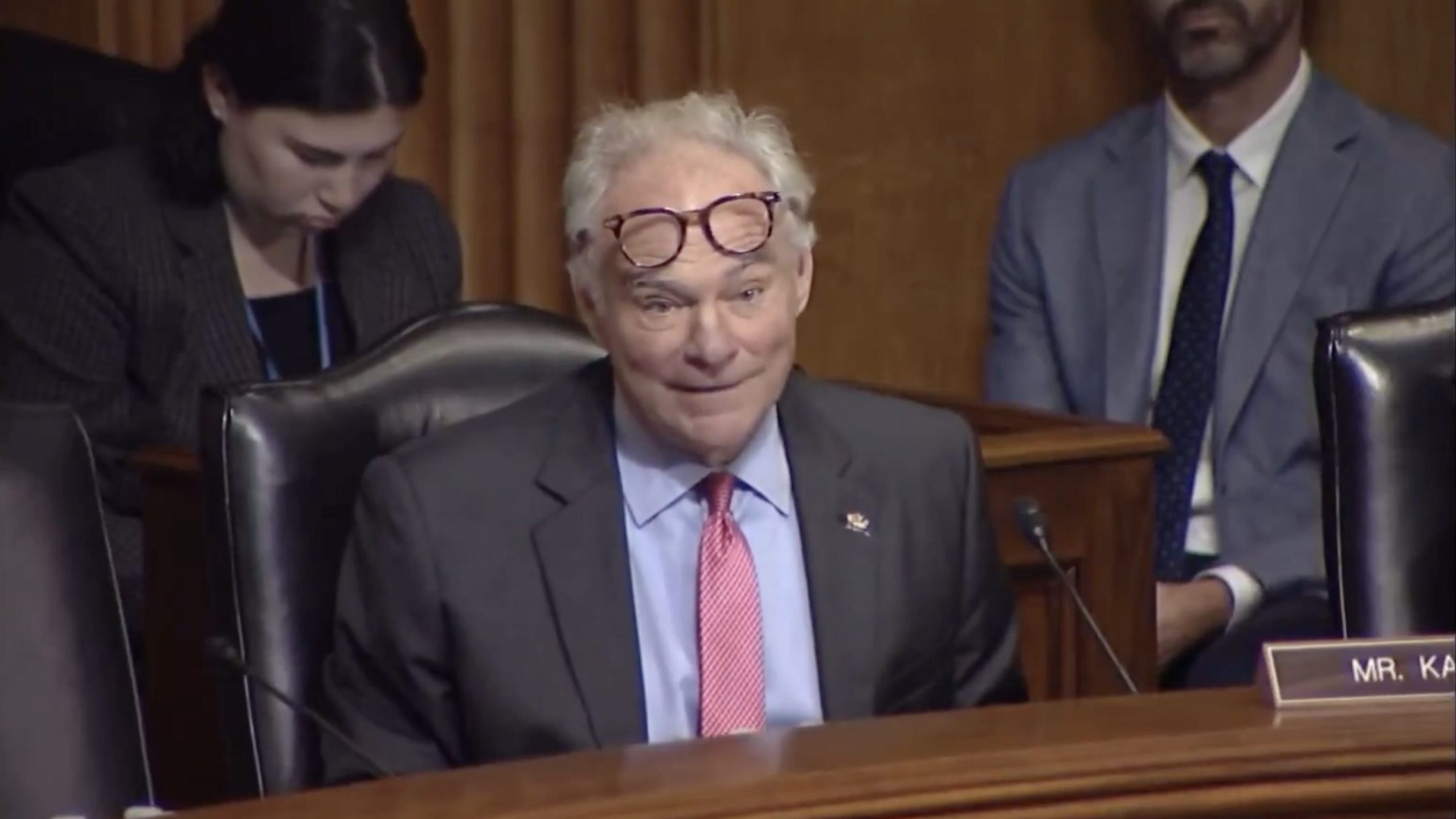Senator Tim Kaine, a Democrat from Virginia, recently sparked controversy by suggesting that those who believe rights come from God are akin to terrorists. During a speech on Wednesday, Kaine expressed concern over the implications of the Declaration of Independence, stating, "The notion that rights don’t come from laws and don’t come from the government, but come from the Creator — that’s what the Iranian government believes."
Explainer As A Former DC Cop, The Federal Takeover Was The Right Move
Kaine's remarks were made in the context of a broader discussion about the origins of rights and their relationship to government authority. He characterized the belief that rights are divinely endowed as troubling, drawing a parallel to theocratic regimes that impose their interpretations of natural rights.
This statement has drawn criticism from various quarters, with some arguing that it misrepresents a foundational principle of American democracy. The Declaration of Independence asserts that all men are created equal and are endowed by their Creator with certain unalienable rights, including life, liberty, and the pursuit of happiness.
Critics of Kaine's comments argue that the belief in God-given rights is not only a historical cornerstone of American governance but also a reflection of the views held by many of the Founding Fathers. John Adams, one of the architects of the Declaration, emphasized the importance of natural law, stating, "Our great Advantage of the Christian religion is that it brings the great Principle of the Law of Nature and Nations … to the Knowledge, Belief and Veneration of the whole People."
Supporters of Kaine's perspective contend that equating divine rights with government authority can lead to dangerous interpretations of law and governance. They argue that the separation of church and state is crucial to maintaining a fair and just legal system.
In a historical context, the Founding Fathers were influenced by Enlightenment thinkers and theologians like Thomas Aquinas, who argued that natural law is a rational understanding of divine law. Aquinas wrote, "The natural law is nothing else than the rational creature’s participation of the eternal law."
The debate over the origins of rights continues to resonate in contemporary political discourse. Some lawmakers and scholars emphasize that while natural rights are essential, they must be balanced with the laws created by government to ensure the protection of all citizens.
Kaine's comments have reignited discussions about the role of religion in American public life and the interpretation of the Constitution. As the nation approaches the 250th anniversary of the Declaration of Independence in 2026, these discussions are likely to intensify.
In response to Kaine's remarks, Brianna Lyman, an elections correspondent at The Federalist, noted that the senator's views reflect a misunderstanding of the Founders' philosophy. She stated, "To deny this is to not only misread the Declaration and the Founders, but undermine the very underpinnings of the Republic."
As the debate unfolds, it remains to be seen how these discussions will influence public opinion and policy moving forward.
Why it matters
- Kaine's comments challenge the foundational belief in God-given rights, sparking debate on their role in American democracy.
- Critics argue Kaine misinterprets the Declaration of Independence, which asserts rights as unalienable and divinely endowed.
- The controversy highlights ongoing tensions between religious beliefs and government authority in shaping rights.
- As the 250th anniversary of the Declaration approaches, discussions on rights' origins are becoming increasingly relevant.
What’s next
- Kaine's remarks may lead to further public discourse on the separation of church and state.
- Watch for potential responses from other lawmakers and advocacy groups regarding the implications of Kaine's statements.
- Upcoming debates may address the interpretation of the Constitution in light of Kaine's comments.

